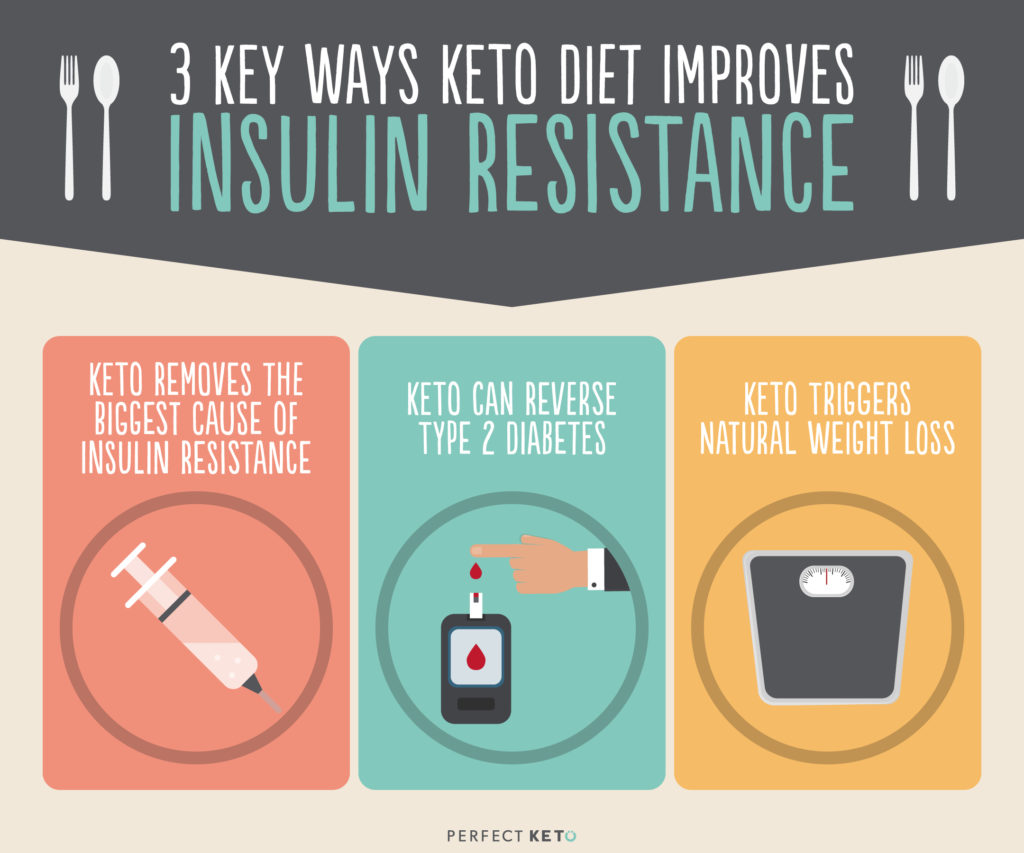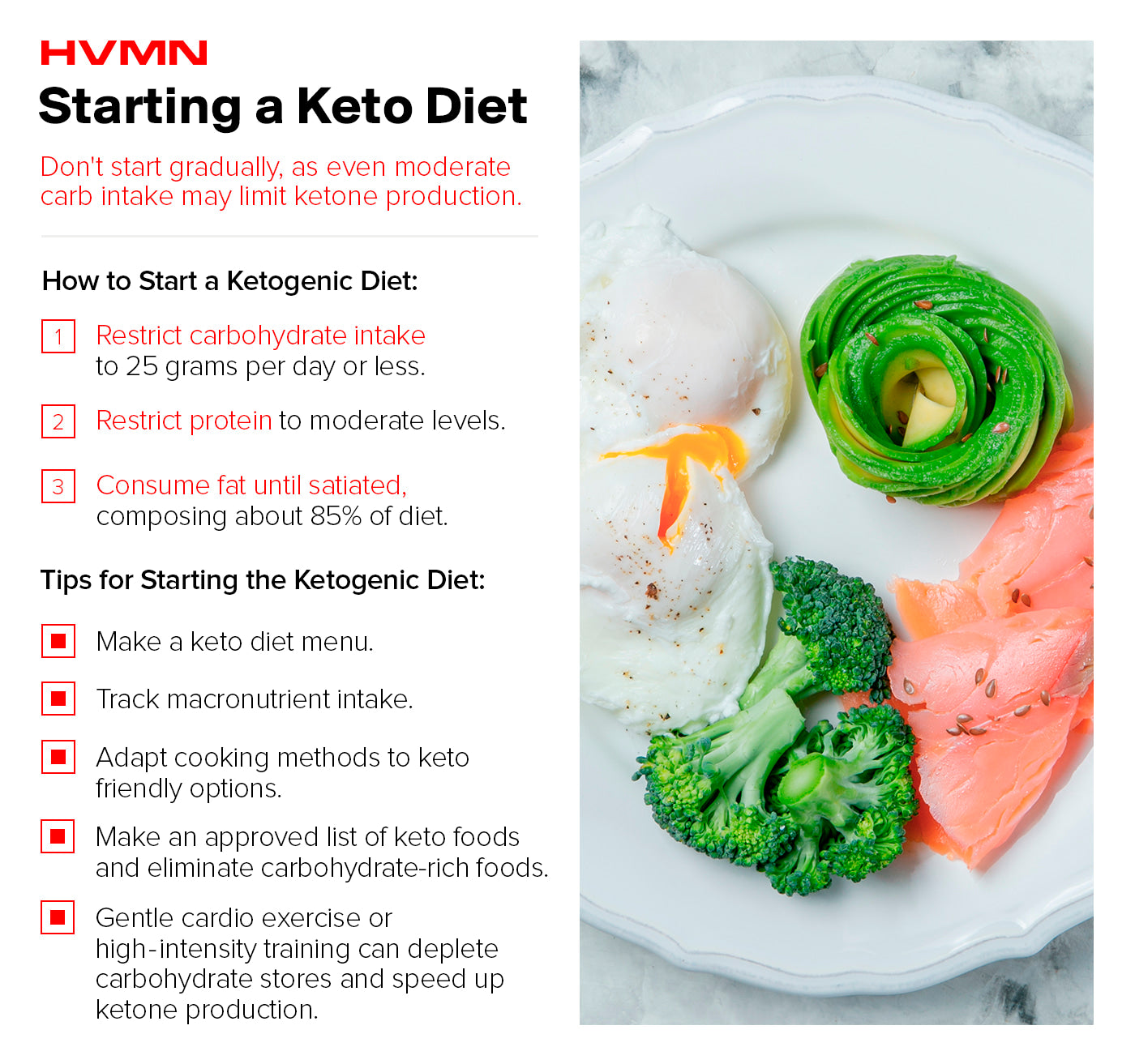Unveiling the Ketogenic Diet: A Pathway to Health and Wellness
In recent years, the ketogenic diet has gained substantial popularity as a dietary approach for weight loss, improved mental clarity, and enhanced overall well-being. With countless success stories and claims of transformative results, it's no wonder that the keto diet has sparked widespread curiosity and interest. In this blog post, we will delve into the fundamentals of the ketogenic diet, its potential benefits, and important considerations for those considering embarking on this journey.
Understanding the Ketogenic Diet:
The ketogenic diet, or keto diet for short, is a low-carbohydrate, high-fat diet that emphasizes the consumption of healthy fats, moderate amounts of protein, and minimal carbohydrates. Its main goal is to shift the body's primary source of fuel from glucose (derived from carbohydrates) to ketones (produced from stored fat). By drastically reducing carbohydrate intake and increasing fat consumption, the body enters a state of ketosis, where it becomes highly efficient at burning fat for energy.
Benefits of the Keto Diet:
- Weight Loss:
The keto diet has shown promise as an effective weight loss strategy, primarily due to the metabolic shift that occurs during ketosis. When the body is in ketosis, it taps into fat stores for energy, leading to a significant reduction in body fat. - Enhanced Mental Focus:
Many individuals report improved mental clarity and focus while following the ketogenic diet. Ketones serve as a more stable and efficient energy source for the brain, potentially resulting in increased cognitive function. - Blood Sugar and Insulin Regulation:
By minimizing carbohydrate intake, the keto diet can help stabilize blood sugar levels and improve insulin sensitivity. This is particularly beneficial for individuals with type 2 diabetes or those at risk of developing the condition. - Increased Energy Levels:
Once adapted to the keto diet, individuals often experience higher and more sustained energy levels throughout the day, as fat provides a more stable source of fuel compared to carbohydrates. - Potential Health Benefits:
Preliminary research suggests that the keto diet may have positive effects on various health conditions, including epilepsy, polycystic ovary syndrome (PCOS), Alzheimer's disease, and certain types of cancer. However, further research is needed to establish conclusive evidence.
Important Considerations:
- Nutritional Balance:
While the keto diet restricts carbohydrates, it is crucial to maintain a well-rounded and balanced nutritional intake. Focus on incorporating a variety of healthy fats, such as avocados, nuts, seeds, and olive oil, alongside high-quality protein sources and non-starchy vegetables. - Transition Period:It's important to note that the body needs time to adapt to the keto diet. During the initial transition, some individuals may experience symptoms collectively known as the "keto flu," which can include fatigue, headaches, and irritability. Staying adequately hydrated and replenishing electrolytes can help alleviate these symptoms.
- Individual Variations:
Like any dietary approach, the keto diet may not be suitable for everyone. Certain medical conditions, such as pancreatitis or liver disease, may warrant caution or contraindicate the diet altogether. It is always advisable to consult with a healthcare professional before embarking on any significant dietary changes. - Sustainability and Long-Term Approach:
The keto diet is most effective when approached as a long-term lifestyle change rather than a short-term fix. Developing a sustainable plan that allows for flexibility and enjoyment is key to maintaining results and overall well-being.








Comments
Post a Comment